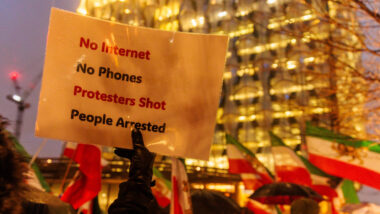Reporter ohne Grenzen haben ihren Jahresreport 2007 veröffentlicht: Dictatorships get to grips with Web 2.0.
Internet users are organising themselves and conjuring up new solutions to tackle these dictatorships, get round the filters and protect their anonymity.They use and create new technology, encrypt their email and use other tools that are still not detected by cyber-police.
The Web phone service Skype, for example, has made it much easier for journalists – and Reporters Without Borders – to communicate with their sources. It works especially well because it is encrypted and so conversations are hard to tap. But China has already signed an agreement with Skype to block key-words, so how can we be sure our conversations are not being listened to? How do we know if Skype will not also allow (or already has allowed) the Chinese police to spy on its customers?
It has become vital to examine new technology from a moral standpoint and understand the secondary effects of it. If firms and democratic countries continue to duck the issue and pass off ethical responsibility on others, we shall soon be in a world where all our communications are spied on.




1 Ergänzungen
Dieser Artikel ist älter als ein Jahr, daher sind die Ergänzungen geschlossen.